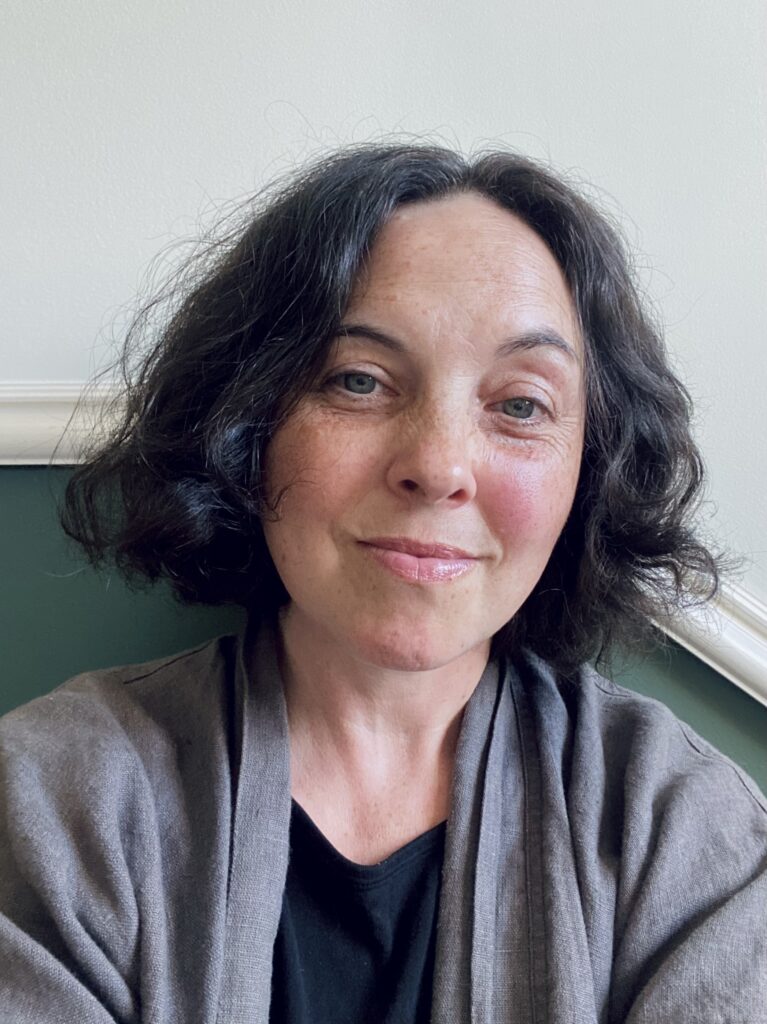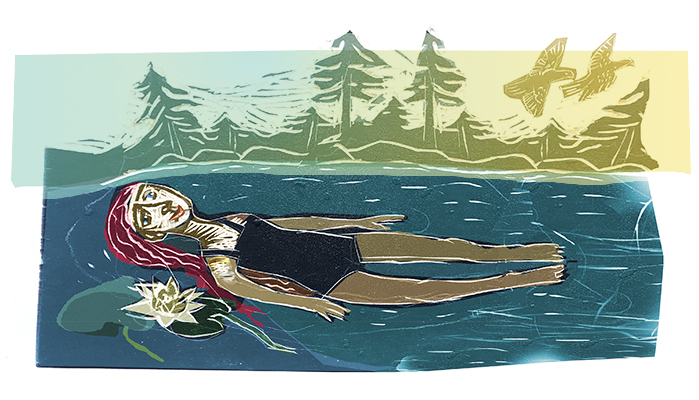Alan Doyle Brings Us All Together: Part 1
January 2021
Musician Alan Doyle has just released his third book, All Together Now, a follow-up, of sorts, of his two autobiographical volumes chronicling his growing up in Petty Harbour and first years with Great Big Sea. Doyle was actually engaged on a different literary project when the pandemic intervened. To chat about this and other topics, NQ reached Doyle by phone.
What was your writing process with this book? I know you like writing in airports and of course you couldn’t write this in airports. There is something about distraction that really helps writing, sometimes.
This whole thing came about because a different book I was working on, which involved a bunch of travel, I couldn’t do it of course when the pandemic hit. Random House asked if there was anything I could do in the time that we had to make the publishing date. I said I could probably do a short story book, basically yarns I would tell at the pub, as if we were jammed into the corner at The Duke or whatever. And they loved that idea and I sat in my studio and wrote continuously for the better part of a month and got it done. They asked me in April, and I basically wrote this in May. I would write it in larger chunks, and the pace was so much quicker. I actually didn’t mind it. But as you mentioned that’s completely different from how I did the last two books. It was always in an airplane seat or a coffeeshop on the road or a dressing room after soundcheck before a gig. And you’re right there’s something cool about writing when you’re not supposed to be writing. If you’re on an airplane, you feel like you’re doing double duty; if you get stuff done on an airplane you feel like a superhero, like, look at me doing two things at once.
The text has such a nice tone of you, your voice talking to us.
The trick I had was I would quite often voice-record a paragraph or two or even a couple of pages and if it didn’t sound like me talking I ditched it. I don’t know if that’s commonly done but I’m way more used to talking than writing. If it doesn’t sound like me talking then I rewrite.
How about the order of the book, is it laid out as you wrote it?
I just wrote them as they occurred to me. There were stories I always had in my mind and I think I did those first. I always wanted to tell the stories of almost dying in the Scottish hotel room and almost dying of laughter in a Polish van. And when I had those ones done, I started talking to the editor and asked what kind of stories do you think would make this more well-rounded? And [they] said, well do you have any stories from your younger life that we could use? So I wrote the Uncle Reg story and the story about the basement and all that kind of stuff. And then about the oddities of being a small-c celebrity in Newfoundland, because it’s not like being a celebrity anywhere else. And that became the You Should Say When You’re Buddy chapter. And then it led to some of the parenting stuff that’s in there, the self-deprecating notion that being a rock star is of no use to a five-year-old. He wants somebody driving a tractor.
Do your family mind you writing about them?
No. No. I usually check with them before. I was lucky to be born into that gang. For a whole bunch of reasons. Not the least of which is music. I was 11 before I discovered that not everyone played the guitar. How lucky I was to be born in Petty Harbour, to turn 10 or 11 in 1980 and to be able to go work on the wharf cutting out tongues and making money as a teen and learning all those super grownup lessons of if you show up early and you’re prepared you’ll get more done and if you work well with the other fellas on the wharf you’ll sell more and you’ll do better and be done quicker and have more time for playing softball. A lot of great lessons to learn before you’re a teenager.
Not everyone is going to look back on digging that basement as a positive experience and even something you seemed to enjoy a fair bit at the time.
I loved Petty Harbour but in my mid-teens it started to feel small to me. I started to want to see other things. I guess I was starting to become restless and I wasn’t content to sit on the couch watching television and go to darts on Wednesdays, it wasn’t going to be enough for me. Just give me something to do. Just give me anything to do.
And not everybody would tell about the person with the parrot, and the lesson you learned.
Oh, man. The thing I keep telling people is that the book is not in any way, shape, or form a recounting of my victories. Quite the opposite. More often than not it’s about my follies. I was 19 before I ever got on an airplane. The only city I had ever seen in my life was St John’s. And then I got on a plane and flew to Heathrow. And so the second city I ever saw on my life was from underneath the lion in Trafalgar Square. It sort of became a forecast of the rest of my adult life so far, where I just constantly found myself in situations that were so much more worldly than me. And in many ways so much bigger. And many of the stories I render were how I dealt with it.
Part 2 of this conversation will be posted next week.
All Together Now ($27.00) is published by Random House Canada.



